When Liszt was once questioned whether he had ever considered writing the story of his life, he replied gloomily that such a life was enough to live through. He was a man of passion, a virtuoso, an innovator, and we could go on and on. According to Norbert Káel, internationally renowned Hungarian pianist, the Liszt Fest is a great opportunity for the Jazzical Trio to show how he was a modern composer who can still be relevant today and who is deeply connected to modern music. He could even melt into today’s jazz music. In other words, regardless of age or style, he is still topical. The Jazzical Trio will appear at the Liszt Academy on 12 October. We spoke to Norbert Káel about the concert and the music of Ferenc Liszt. He also told us what he was looking forward to hearing from the festival programme.
It may sound surprising to hear that classical music and jazz are not far apart. What do these two styles of music have in common?

Yes, it is often the case that at first glance the pairing seems a little odd, but there are many points of crossover. You can go all the way back to the Baroque and see that, like jazz, improvising on a particular harmony, based on the same system as jazz, was very popular. The notes of a particular chord and the different notes that went with it were used, we observe that there are many common uses of harmony and there are numerous points of similarity that make these two styles compatible. The emphasis in their blending, otherwise, is on taste – as I perceive it.
Which Liszt works inspired the concert programme and why did you choose them?
This concert programme has been tried out a few times, and we have also played abroad with the Jazzical Trio, in Mexico and in several European countries. Examples include the arrangements of the main movement and certain secondary movement in Liszt’s Sonata in B minor and the Obbiné from the Chárdás, a very characteristic Liszt piece. The latter was performed in February this year at the Liszt-Berlioz Marathon organised by the Festival Orchestra. We also performed the Consolation in D flat major, a well-known Liszt composition, played using practically all the original chords.
What is your general feedback on how audiences react to the mix of classical music and jazz?
Fortunately we perform a lot and with a variety of themes and we find that the audience response is very good. Both those who are interested and curious to see how the two can be put together, but also the sceptics who consider that the two cannot go together. Indeed, we manage to make a fusion of the two styles that represents both value and taste.
Can you recall the first experience in which you found that classical works of music provided you with the chance to interpret them in the direction of jazz?
It was very early, when I was about 12 or 13 years old, I had the defining experience of hearing Keith Jarrett’s concert in Cologne on a recording. He mixes these two styles by using musical elements, instruments, harmonies and chords from both in his improvisations. It was with him that I discovered how it is possible to create a fusion of the two genres into a third.
During your overseas studies you also gained experience in jazz clubs in Boston. Are audiences there open to this kind of music?
Yes, although I should mention that they are a bit lagging behind compared to European and Asian audiences. It’s a popular style in Asia and Europe because of the familiarity with classical pieces and the dominant part of the music culture. In America, however, it’s not as prevalent, where mainstream jazz is what’s popular. But there, too, I found an open and interested audience, only for them it was much more new.
The festival brochure describes Liszt as the first classical music ‘rock star’. What does that mean?
I believe it’s worth clarifying this statement. Bach and Mozart were so well known in their day that they could be called rock stars, but the one who was so unique, both in his behaviour and his personality, was certainly Beethoven, alongside Liszt. He had a lot of scandals, an astonishing personality, a vehement style, was adored by everyone and achieved enormous success. And that kind of rock star image is true of Liszt too. He had such an amazing, until then completely unusual technique, which he was able to capitalise on very well, was aware of his abilities and was able to show them off really well. These works can also have an enormous impact on a completely ordinary listener, because Liszt’s pieces have powerful energy. And, of course, let’s not forget that his rock star image was also enhanced by the fact that he was very good-looking, charming, so everything just clicked for him!
What does Ferenc Liszt’s music mean to you, what do you gain from it over the course of your career?
I am close to the Liszt who, in his old age, got fed up with success and glamour and made a complete dimensional change when he abandoned it. He settled down to a very different way of life, and you can hear it in his music, because the depths and connections in his old age pieces are astonishing. They are characterised by a world of harmonies and musical processes that have laid the foundations for twentieth-century music. If you look at the early Bartók pieces, they are a continuation of Liszt’s work, and they had an incredible influence on other composers. I like to play these pieces, analyse them and take what I can from them into my own music.
Let’s also talk about fellow musicians! The Jazzical Trio is a close-knit group.
We’ve been playing together since 2014, we’ve played a lot of concerts collectively, we’ve performed in many countries in Europe, Africa, and Asia, and we’ve been to well-known jazz festivals. We have worked in a variety of musical environments, which has helped us to work together, and I love playing with Péter Oláh and András “Pecek” Lakatos.
What is the atmosphere/mood of the pieces you have chosen for the concert?
I tried to put together a complex approach for this concert. In addition to the fact that there will be original Liszt arrangements where the audience will hear the main theme of the pieces, in many cases we will hear the parts from the original piece that are highlighted in the original version and the jazz version will be performed reflecting on that. There will also be original compositions that use musical elements and melodies by Liszt. This is a completely different approach, because it will not be specific pieces that will be reworked, but a kind of Lisztian ambience and mood. In addition, we also found out where the famous jazz pianist Chick Corea used Liszt elements, so you can also hear a Chick Corea composition.
Will there be connecting texts to help you explore the context?
Yes, it’s a well established habit, because I discovered a few years ago that directing the audience’s attention to what to listen for in the composition that’s coming up helps a lot to identify and follow the musical process. Before each piece, I summarize in a few sentences what the original piece was and what the musical process will be.
Which programme would you like to listen to from the festival line-up?
If I could, I would go to all of them, because I’m sure they will all be great and there will be some very fascinating things to hear. But since I respect Dezső Ránki and he is a huge role model for me, and I know that what they do together with Edit Klukon is fantastic, I would definitely recommend the Ránki-Klukon duo concert, as they are world class. And then the concert by Philip Ránki would be particularly interesting for me, because I think he is an incredibly talented pianist, so I would definitely recommend his concert as well.
Interview: Anna Rácz
Translation: Nóra Fehér

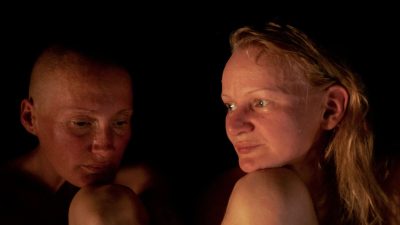
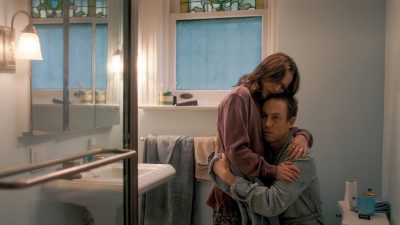
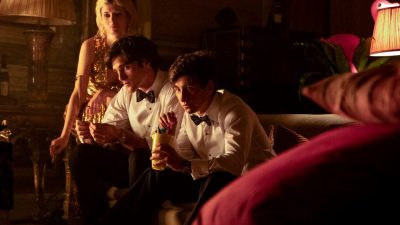

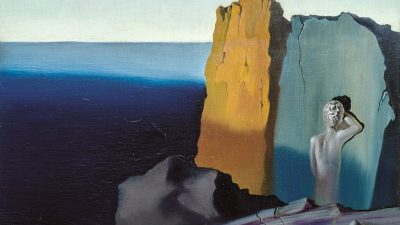



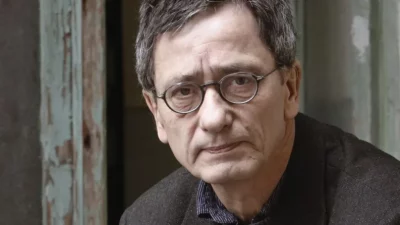



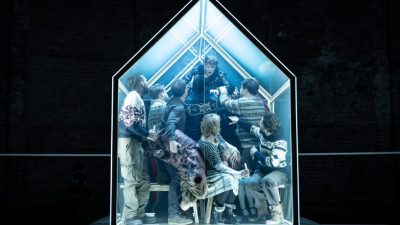
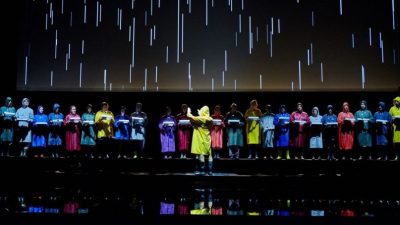





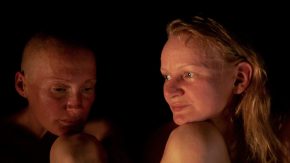

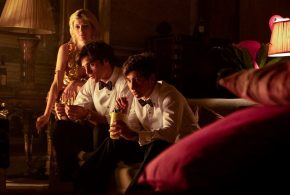
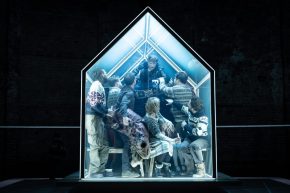

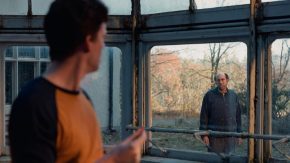
Comments